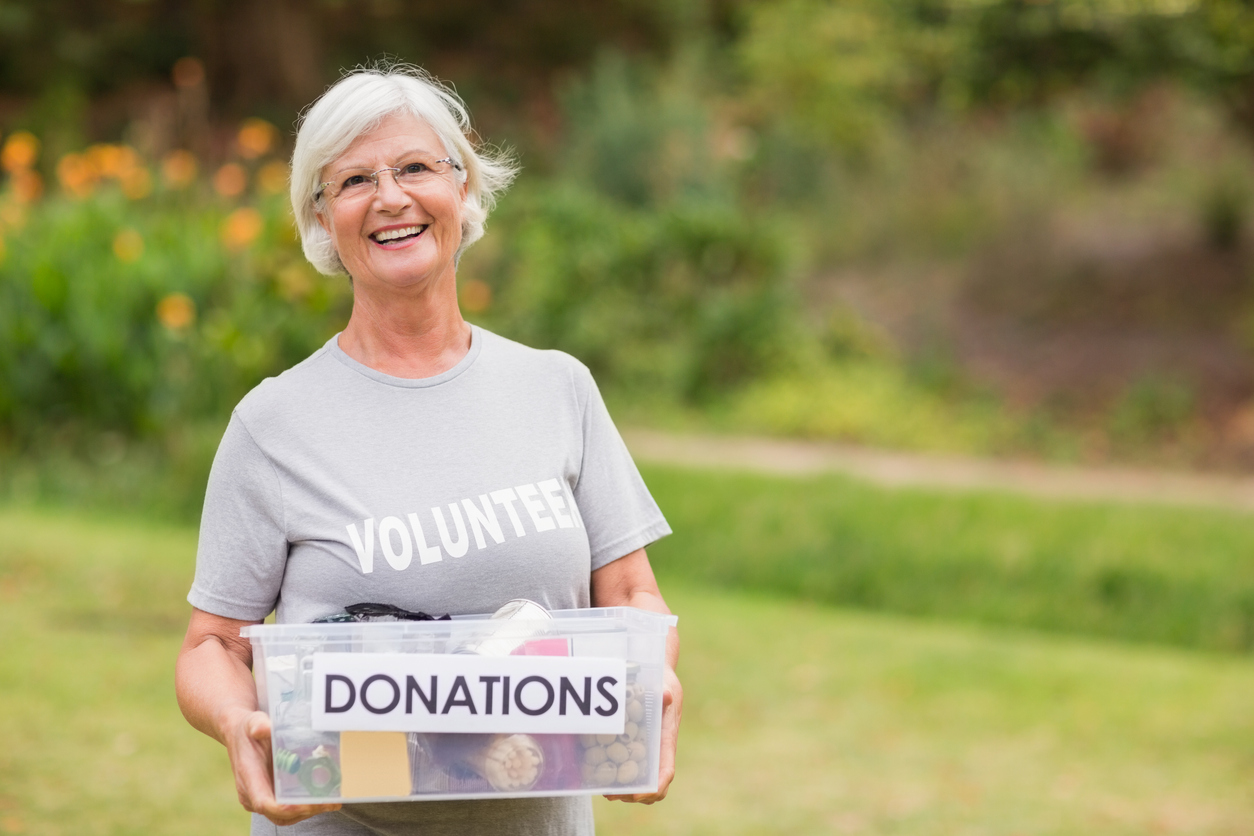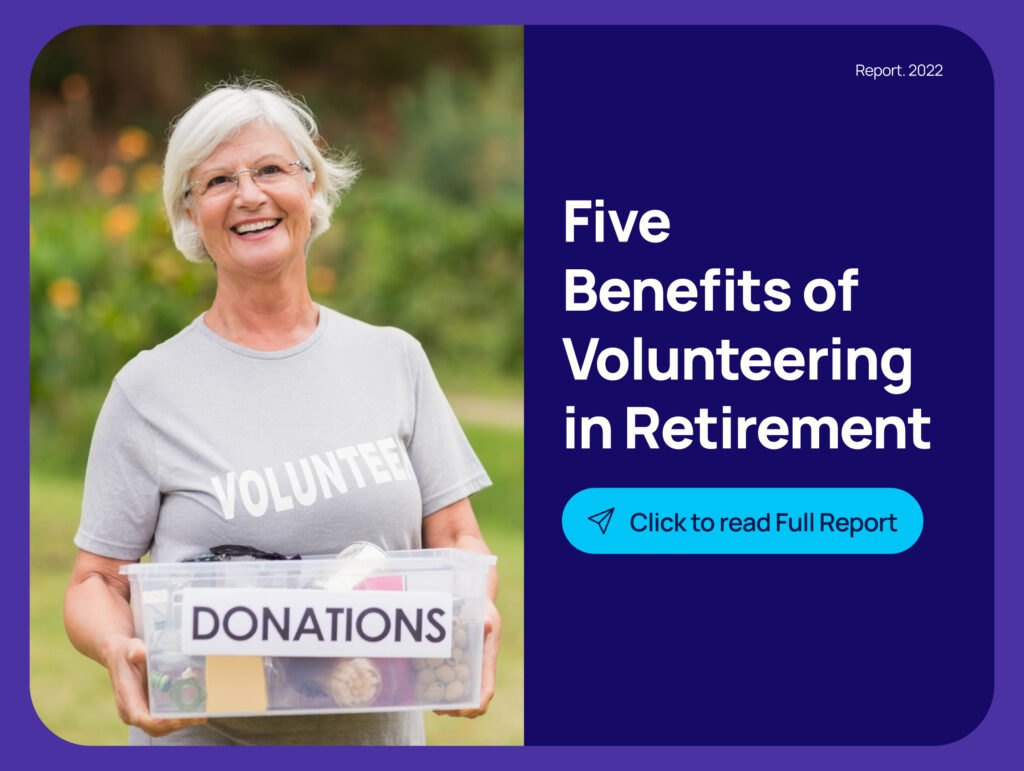Volunteering is an essential activity for seniors that can provide numerous benefits, including physical and mental well-being. Seniors have a wealth of experience, skills, and knowledge that can be invaluable to community organizations. Volunteering provides a meaningful way for them to stay engaged and contribute to their communities. Key benefits of volunteering during retirement include
- Staying active and engaged
- Giving back
- Learning new skills
- Building social connections
- Improving mental and physical health
Seniors with health constraints or restricted physical abilities can participate in mentoring, cultural sharing, and educational programs. These programs will allow sharing of their skills, knowledge, and experiences with others. When choosing a volunteer opportunity, seniors should consider the available opportunities, the time commitment required, physical demands, and their interests and abilities. By finding the right volunteer opportunity, seniors can make a meaningful impact on their communities and enhance their retirement years.
This article covers the topic of volunteering for seniors, including the benefits of volunteering during retirement and types of volunteering programs suitable for seniors with health constraints or restricted physical abilities. It also provides questions that seniors should consider when choosing a volunteer opportunity in retirement.
What are the Key Five Benefits of Volunteering During Retirement?
There are many reasons why seniors should consider volunteering in retirement. Here are five of the most compelling:
- Staying active and engaged: Volunteering provides seniors with a way to stay active and engaged in their communities. After retirement, it can be easy to fall into a routine of sedentary behavior, which can be detrimental to both physical and mental health. Volunteering provides an opportunity to get out of the house, meet new people, and stay engaged with the world.
- Giving back: Many seniors are eager to give back to their communities and make a positive impact on the world. Volunteering provides a way to do just that, whether by supporting a local charity, mentoring a young person, or helping to care for the environment. Giving back can provide a sense of purpose and fulfillment that is difficult to achieve through other activities.
- Learning new skills: Volunteering can provide seniors with opportunities to learn new skills and try new things. For example, volunteering at a museum or historical site may allow seniors to learn about local history and develop new interests. Volunteering can also provide training in fundraising, event planning, or public speaking.
- Building social connections: Volunteering can be a great way for seniors to build social connections and meet new people. By working alongside others who share their interests and values, seniors can form friendships and develop a sense of community. This can be especially important for seniors who may be feeling isolated or disconnected from their social networks.
- Improving mental and physical health: Studies have shown that volunteering can have a positive impact on both mental and physical health. A systematic review published on October 23, 2020, indicates that engaging in voluntary work can bring about positive effects on both the mental and physical health of individuals. Specifically, the review focused on the impact of voluntary work on the health of older volunteers.
The review found that volunteering could decrease the risk of mortality among individuals aged 65 and above. The reduction in mortality risk was significant, with a 43% chance of volunteers passing away before non-volunteers. This finding is noteworthy when compared to the 50-50 chance of mortality in non-volunteers. Moreover, the evidence supporting these findings appears to be robust, as there is little variation in the outcomes of different studies.
For example, volunteering has been shown to reduce symptoms of depression and anxiety, lower blood pressure, and even increase lifespan. Volunteering can also provide opportunities for physical activity, such as gardening or walking, which can improve overall health and well-being.
Types of Volunteering Programs Suitable for Seniors with Health Constraints or Restricted Physical Abilities
There are a variety of volunteering programs available for seniors with health constraints or restricted physical abilities.
Mentorship Programs
Many organizations offer mentorship programs that match seniors with younger individuals who could benefit from their wisdom, life experiences, and career advice. Seniors can participate in these programs remotely, using phone or video calls to connect with mentees.
Cultural Sharing Programs
Seniors can use their unique cultural backgrounds and experiences to enrich the lives of others. Programs like "Cultural Ambassadors" match seniors with school groups or community organizations, allowing them to share their culture through stories, food, music, and other traditions.
Educational Programs
Seniors with specialized knowledge or experience can share their expertise through educational programs. For example, a retired teacher may volunteer to tutor students or teach adult education classes in their area of expertise. Seniors can also participate in online educational programs or webinars, sharing their knowledge with individuals from around the world.
Career Counseling Programs
Seniors who have had successful careers can use their knowledge to help others. Many organizations offer career counseling programs that match seniors with individuals who are entering the workforce or looking to change careers. Seniors can provide advice on job search strategies, resume building, interviewing techniques, and networking.
Intergenerational Programs
Seniors can participate in intergenerational programs that bring together individuals of different ages and backgrounds. For example, a senior may volunteer at a local school, sharing their knowledge and life experiences with students. These programs can help seniors feel more connected to their communities and provide them with a sense of purpose.
Questions Seniors Should Consider When Choosing a Volunteer Opportunity in Retirement
What volunteer opportunities are available for you as a senior?
Research different volunteer opportunities available in your community or online. You may want to consider volunteering at local non-profit organizations, community centers, hospitals, or schools. You can also look for virtual volunteering opportunities or opportunities that allow you to work from home.
What is the time commitment required?
Consider the amount of time you can realistically commit to volunteering. Some opportunities may require a few hours a week, while others may require a larger time commitment. Consider your schedule and other commitments when deciding on a volunteer opportunity.
What are the physical demands of volunteer work for seniors?
Consider your physical abilities when choosing a volunteer opportunity. Some opportunities may require more physical activity or manual labor, while others may be less physically demanding. Be honest with yourself about what you can handle and choose a volunteer opportunity that matches your abilities.
What training and support is provided?
Inquire about the training and support provided by the organization offering the volunteer opportunity. Some organizations may offer training programs to help seniors develop new skills, while others may provide ongoing support to ensure you feel comfortable in your role. Ask about any safety measures in place to protect you.
What is the impact of volunteer work?
Consider the impact of your volunteer work and whether it aligns with your personal values and interests. Consider the impact of the organization you are volunteering with and how your work will contribute to the community. Choose a volunteer opportunity that you feel passionate about and where you believe you can make a meaningful contribution.
Where to Find Volunteering Programs
Seniors can find volunteering programs in various places, including:
VolunteerMatch: VolunteerMatch is an online platform that connects seniors with volunteering opportunities in their local area. Seniors can search for opportunities based on their interests, skills, and availability.
Senior Corps: Senior Corps is a federally funded program that connects seniors with volunteer opportunities across the United States. The program offers several options, including the Foster Grandparent Program, Senior Companions, and RSVP (Retired and Senior Volunteer Program).
Local non-profit organizations: Seniors can also contact local non-profit organizations in their community to inquire about volunteering opportunities. Non-profit organizations often have a wide range of volunteer opportunities available and can match seniors with opportunities based on their interests and skills.
Community centers: Many community centers offer volunteer programs for seniors. These programs may include helping with community events, mentoring youth, or providing administrative support.
Religious organizations: Seniors can also consider volunteering with religious organizations, such as churches or synagogues. These organizations often have volunteer programs that support their community and provide opportunities for seniors to give back.
Seniors can find volunteering programs in various places, including online platforms, federally funded programs, local non-profit organizations, community centers, and religious organizations. Seniors should consider their interests, skills, and availability when searching for volunteer opportunities and choose a program that aligns with their personal values and interests.
Final Words on the Five Benefits of Volunteering in Retirement
Volunteering can be a fulfilling and beneficial activity for seniors. Benefits include:
- Unities to stay active and engaged,
- Give back to their communities
- Learn new skills
- Build social connections
- Improve their mental and physical health
While there are many volunteering programs available for seniors with varying abilities and interests, it is important for seniors to ask themselves key questions when choosing an opportunity, such as what opportunities are available, what the time commitment is, and what the physical demands are. Overall, volunteering is a great way for seniors to make a positive impact on the world while enhancing their own lives in retirement.
Volunteering can also help bridge generational divides, as seniors and younger volunteers can work together to achieve common goals and learn from one another. By volunteering alongside people from different age groups and backgrounds, seniors can broaden their horizons and gain a deeper appreciation for the diversity of the world around them.






